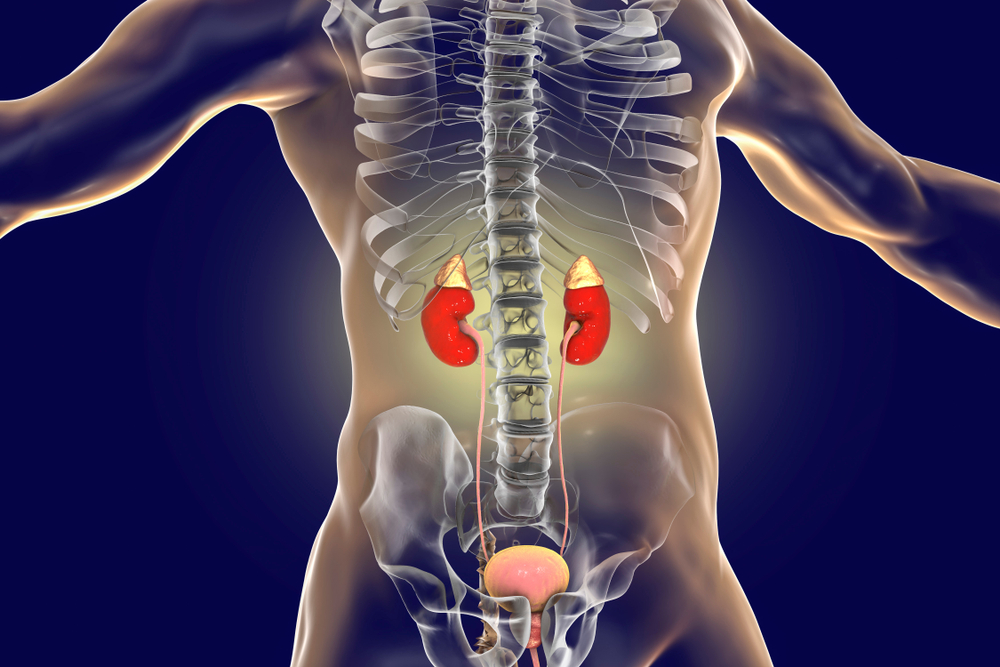A low-fat vegan diet induces changes in the gut microbiota and improves insulin sensitivity, according to the results of a randomized controlled trial conducted in overweight or obese adults.
The intervention lasted for 16 weeks, during which time body weight was reduced significantly more in subjects on the vegan diet than in those who continued the previous diet. With the vegan diet plan, there was an average weight loss of 5.8 kg, largely due to a decrease in fat mass, despite no calorie restriction being imposed.
The work was coordinated by Hana Kahleova, director of the Physicians Committee for Responsible Medicine in Washington, D.C., who has previously shown how people can lose twice as much weight on a vegan diet as on a non-vegan diet of the same caloric intake. “The new study,” Kahleova said in an interview with Medscape Medical News, “was created with the goal of finding out why.
For the trial, 148 adults who were overweight but had never suffered from diabetes were recruited; they were divided into two groups to follow either a low-fat vegan diet or no dietary modification. The mean age in the vegan and control groups was 53 and 57 years, respectively, and women were 60% and 67%; body mass index was about 33 kg/m3 in both groups.
The results suggest that the beneficial effects are mediated by induced changes in the community of microorganisms that are present in the gut. ” A plant-based diet with good fiber intake improves the composition of the gut microbiota, promoting bacterial strains that play a positive role in health, particularly the Faecalibacterium prausnitzii, which produces many metabolic benefits, including weight loss, increased insulin sensitivity, and reduced fat mass, including visceral fat mass.”
Source:
Hana Kahleova presented the results of her study at the annual meeting of the European Association for the Study of Diabetes (EASD), which was held in Barcelona from September 17-20, 2019




































































































